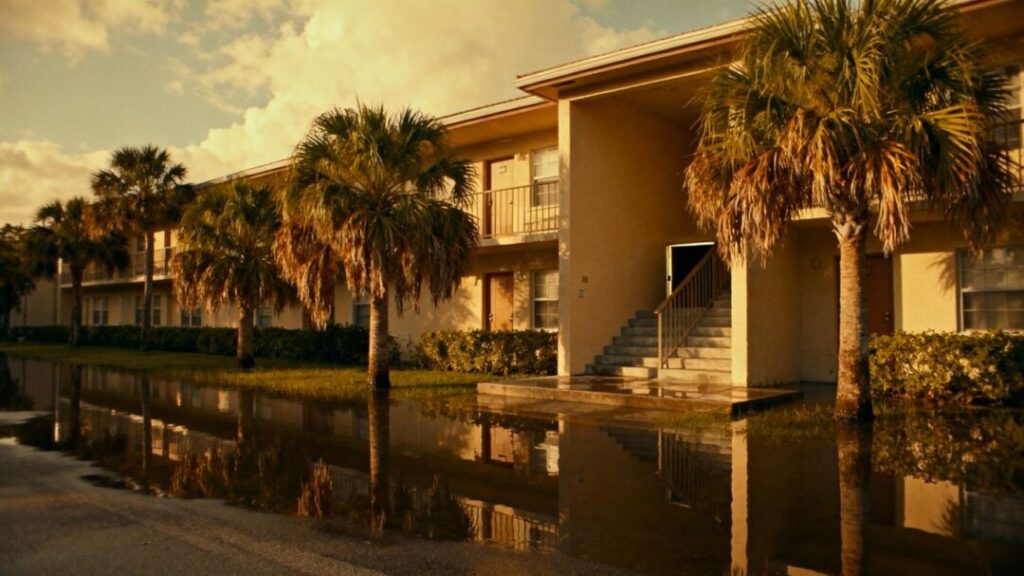A sweeping new law in Florida now requires landlords to inform renters about flood risks and previous flood damage before any lease is signed. The move, effective October 1, 2024, aims to boost transparency in a state frequently battered by hurricanes and flooding, empowering tenants to make better-informed housing decisions.
Key Takeaways
- Effective Date: October 1, 2024
- Landlord Requirement: Written disclosure of flood risks and past flood damage
- Tenant Right: Option to end the lease if flood disclosures are omitted
- Applies To: All residential rental units in Florida
- Legal Impact: No criminal penalties or grounds for lawsuits, focuses on transparency
What the Law Requires
Florida’s new regulation mandates that every landlord must provide renters with a written notice detailing whether the property is in a flood zone or has experienced flooding previously. The disclosure must happen before the renter signs a lease. This new rule aligns with similar requirements for home sales but stands out by bringing unprecedented transparency to rental agreements, especially in the wake of recent natural disasters.
If landlords fail to disclose this crucial information and a flood subsequently damages the rental unit, renters gain the legal right to break their lease—though this law does not allow for lawsuits or criminal charges against non-compliant landlords.
Why the Law Matters for Renters
Florida’s vulnerability to hurricanes and rising sea levels has put housing security in the spotlight. Recent dramatic flooding events have left many renters unaware of the history and risk profile of their prospective homes. The law empowers tenants to factor environmental risks into their housing choices, reducing the likelihood of being caught off guard by flooding.
While some property managers have expressed concerns that the law is unnecessary given Florida’s well-known flood risk, others argue that the benefits outweigh the drawbacks, particularly for out-of-state renters or those less familiar with local climate risks.
Implications for Housing Affordability
The new disclosure rule arrives as both renters and homeowners grapple with soaring insurance costs driven by climate change.
- Insurance premiums in high-risk areas like Florida have climbed sharply, impacting both rent and homeownership costs.
- Homeowners face long-term investment risks, while renters navigate the uncertainties of yearly price hikes and potential displacement after disasters.
- Federal and state policies have historically favored homeowners when disaster aid is distributed, but transparency measures like Florida’s new law deliver some protection to renters.
Looking Ahead
Experts suggest that as climate events grow more severe, further changes may come to Florida’s housing and rental markets. Transparent flood disclosures offer renters a chance to protect themselves, but broader policy reforms could be needed to address rising costs and vulnerability for both renters and homeowners in disaster-prone regions.
The new law doesn’t eliminate the physical threats of flooding, but it does shift the balance toward greater informed consent, ensuring tenants are aware of their rights and risks before signing a lease.
References
- New Florida law requires landlords to disclose flood risks to renters, FOX 13 Tampa Bay.
- How Natural Disasters Are Shaping Buy-Versus-Rent Decisions, Business Insider.


